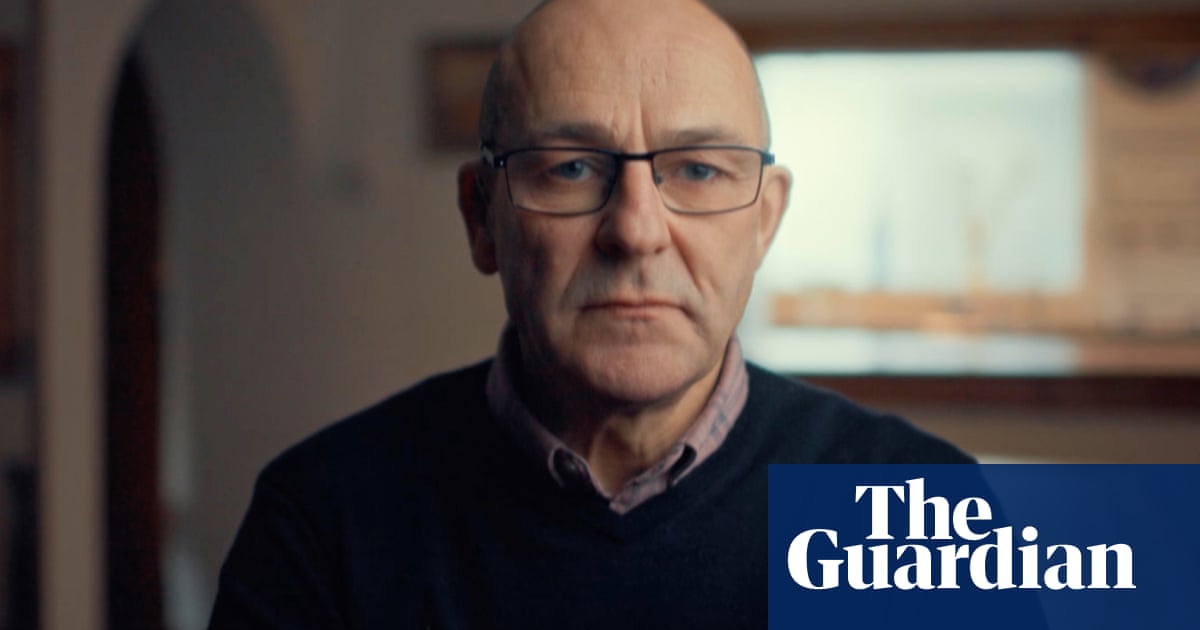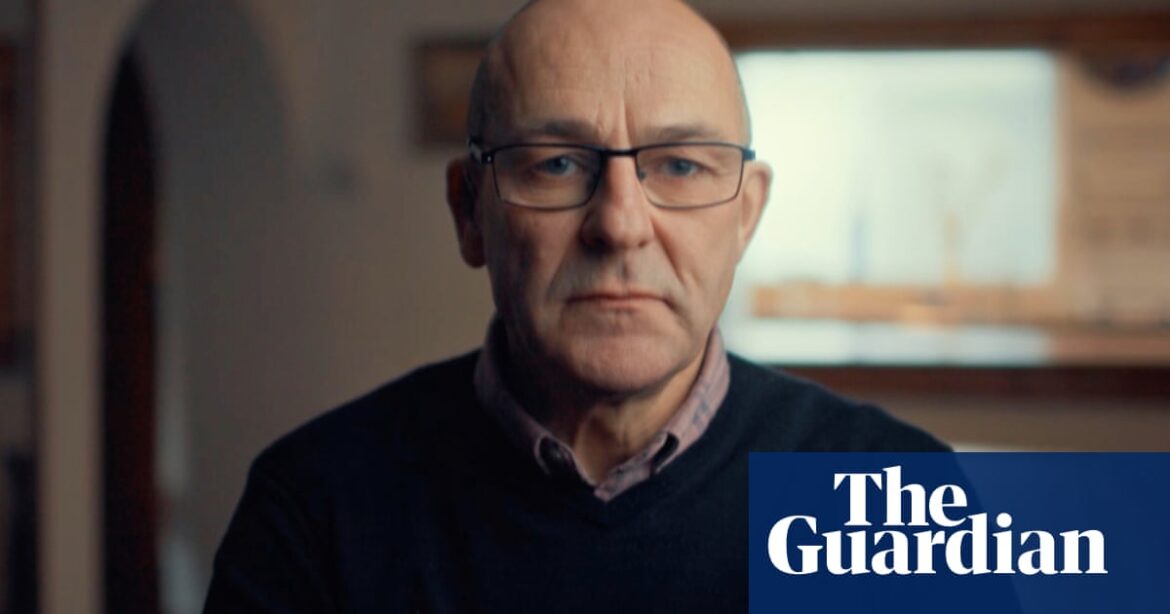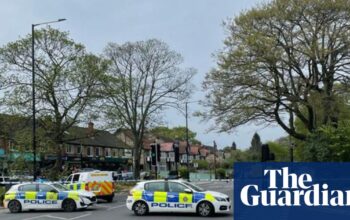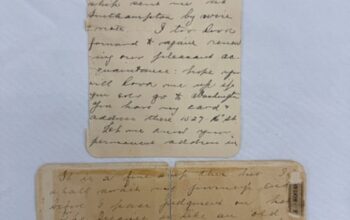
The Metropolitan police officer who shot dead an innocent man in 2005 after mistaking him for a terrorist says he was justified to open fire as he feared he would die.
Jean Charles de Menezes was held down and shot repeatedly in the head by firearms officers on an underground train at Stockwell station on 22 July 2005.
A catalogue of errors and misunderstandings meant police mistakenly thought he was a suicide bomber about to detonate a device, and was one of four at-large terrorists who had attacked London’s transport system the day before.
One of two officers who shot the innocent man has spoken to a Channel 4 documentary about the case in his first media interview. The officer, known only as C12, recently retired from the Met and said he had only had 10 seconds to look at a grainy picture of the terrorism suspect police were hunting.
He said that until that day he had never fired his weapon at a suspect.
Officers had followed De Menezes and he entered Stockwell tube station when the order on the radio came through saying: “He must not get on the tube. Stop him from getting on the tube,” C12 recalled. But by the time armed police got to the platform, the suspect was sitting in a train seat.
C12 said he came face to face with the suspect, believing he was authorised to kill him to stop him detonating a bomb. He said: “I believed we’d only be deployed on positively identified suicide bombers. There was no doubt in my mind the suspect had been identified and that was our authorisation to deploy.”
He said: “As soon as that surveillance officer … identified and pointed at this male, that person stood up. But it was the way they stood up that triggered something in my head that wasn’t right.
“He had his hands, they were almost hovering above his knees, and as he stood up, he didn’t use anything to push himself off a chair or anything like that … At the same time, I brought my weapon up and pointed at his head and shouted, ‘Armed police.’ And at that stage in my head, this person knew who we were.”
The jury at the inquest into the death did not accept that C12 had ever shouted “armed police” or that De Menezes, a Brazilian electrician, moved towards the officers. None of 17 civilian witnesses in and around the train carriage heard those words.
Talking to Channel 4, C12 said: “This person, by the way they got up, was coming forward in order to detonate a bomb and kill us. He still continued on his forward momentum … The surveillance officer then [was] in full body contact with him. And apparently what he was trying to do was pin his hand so that he couldn’t detonate.”
“I’m expecting an explosion at any moment. He’s going to blow, we’re going to die … If I don’t do something now, we are all going to die. I knew I had to take that shot. I just knew I had to.”
C12 said he had to use his gun muzzle to force a colleague’s head out of the way, and with weapons armed with hollow-tipped dum-dum bullets, he and a colleague shot.
after newsletter promotion
The officer said: “I remember once we finished firing there was, like, a deafening silence and a real stillness. I remember thinking, I need to make sure you’re dead. And so I partially took a half step back and I fired another shot. And I just thought, ‘We stopped this bomb from going off.’”
A Met spokesperson said: “The shooting of Jean Charles de Menezes is a matter of very deep regret to the Metropolitan police service. Our thoughts remain with his family and we reiterate our apology to them.
“No officer sets out on duty intent on ending a life. Our sole purpose is the complete opposite – the protection and preservation of life – and we have taken extensive action to address the causes of this tragedy.”
The operation was commanded by Cressida Dick, who survived the scandal to later become Met commissioner.
The Met fought a prosecution for breaking health and safety laws, but a jury found it guilty and it was fined £175,000 and ordered to pay £385,000 in costs.
An inquest jury returned an open verdict on De Menezes’s death, rejecting the police claim that he was lawfully killed. The coroner banned the jury from considering unlawful killing as a verdict.
Source: theguardian.com



